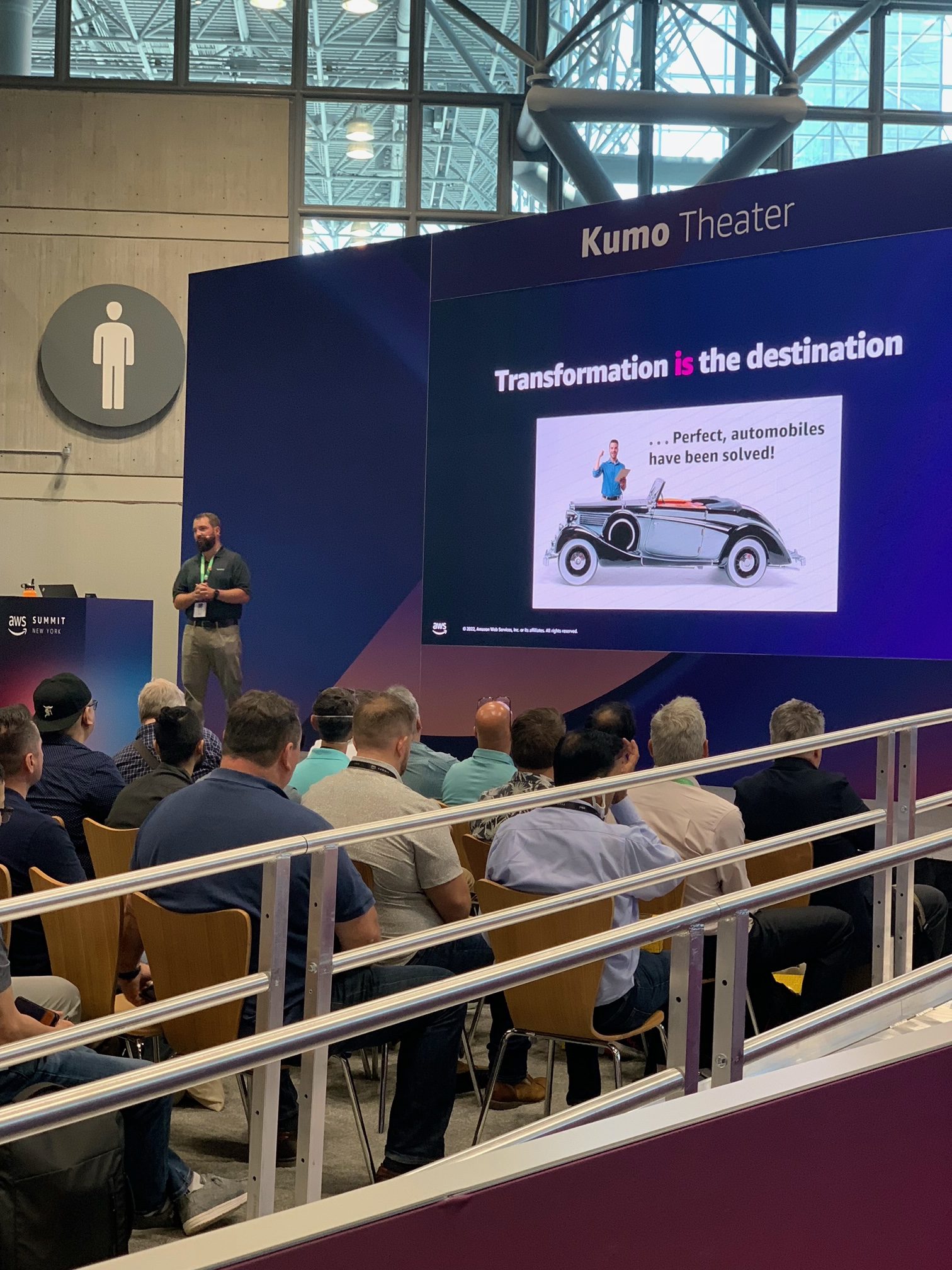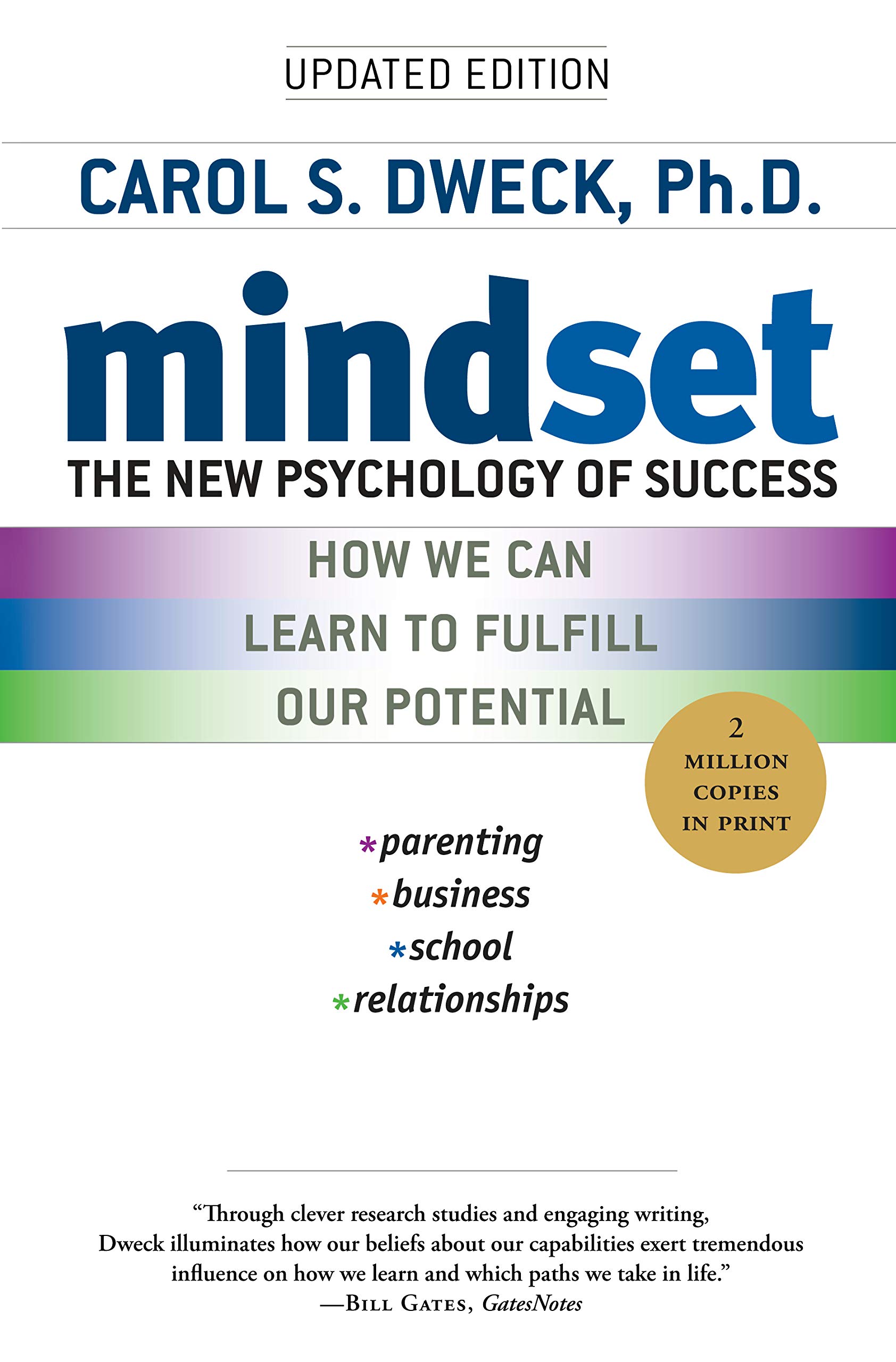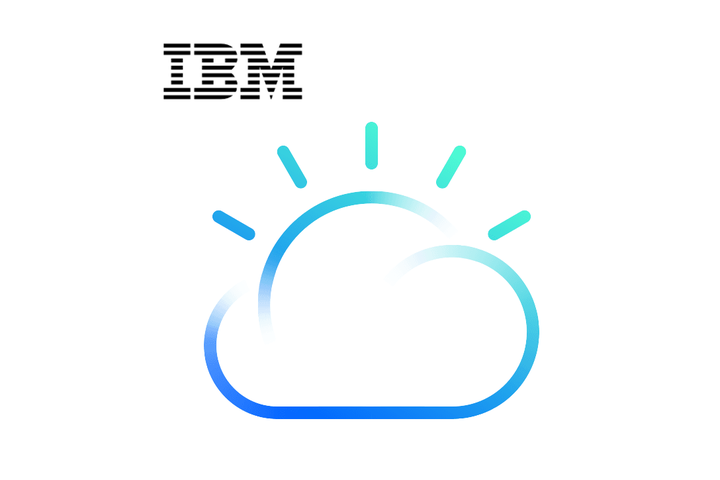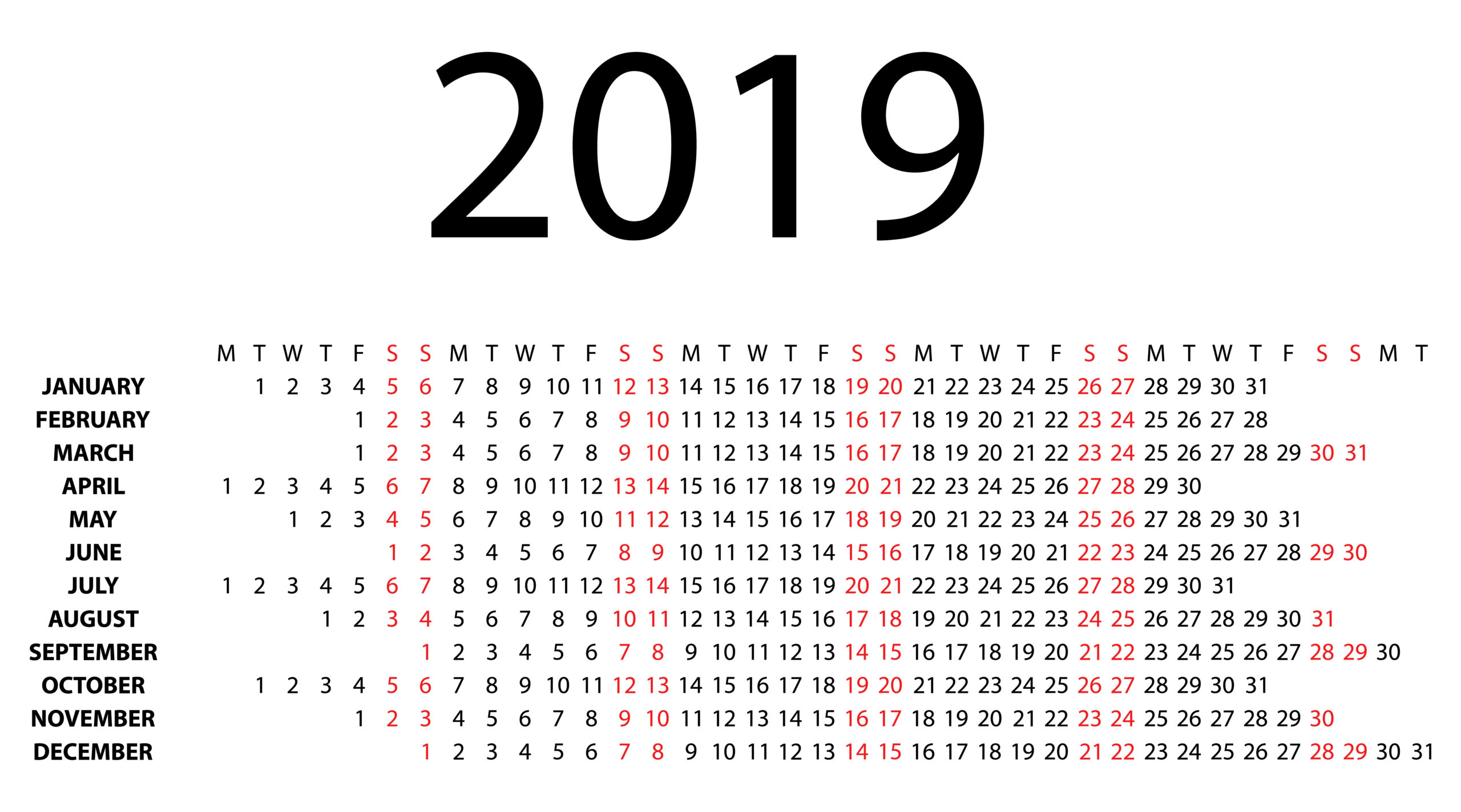I got the chance to present at AWS Summit in NYC on 7/12! I’ve had several people ask me what the speech was about so I thought I’d throw together a few blog posts that walk through the talk. I’m going to break it up in to three posts:
- Part 1: My CIO Doesn’t Do Enough Cloud
- Part 2: A Cloud Transformation Program That Gives Confidence
- Part 3: Fit-For-Purpose Platforms
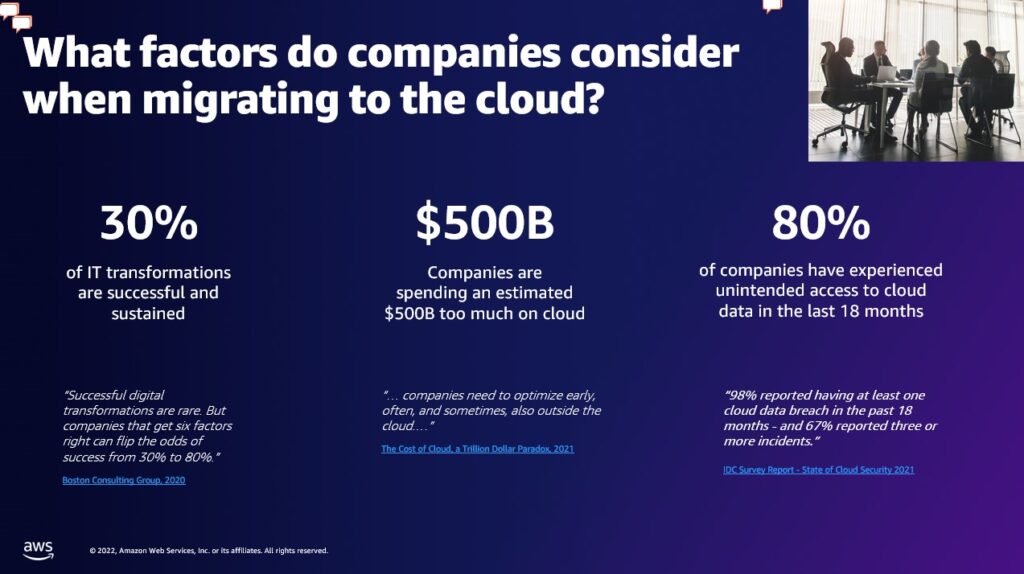
That’s my team and AWS’ team trying to agree on pictures, stats, and context that made my point about reasonable cloud fears without offending AWS… who apparently would prefer we make cloud sound so easy that workloads practically fall in to it.
The scariest part of this whole ordeal was that the presentation was intended to be targeted at Architects! I barely get to touch a keyboard anymore and the place is going to be swarming with hands on folks that actually know how to make AWS do all kinds of amazing things. I decided I would help them all out by telling them WHY the CIO in their lives is always so afraid to let them use AWS for more and more interesting things.
Quick Aside: Pretty much everything have to say is just as true of any cloud… don’t tell AWS, but I regularly have the same conversation about Azure.
The slide above is actually my second slide. In the first one, I explained that there are millions in opportunities in the cloud; places where companies could be spending less or growing more by leveraging cloud. This slide is geared at explaining what CIOs are reading in their industry rags that’s making them scared to move to cloud more aggressively. Mostly these come in three categories mapped to the stats above:
- There’s no way to go to the cloud without transformation… and transformations often fail. The culture and people changes are hard. If your IT team is doing well today (or your CIO is just a couple years from retirement), it may not be worth the risk of trying to undergo this transformation.
- Most CIOs that I talk to have their favorite story about how expensive the cloud can be. There’s a state government that after their first of twelve weekend application migrations took one look at their bill, migrated everything back and cancelled the program. I mean, AWS is only 13% of Amazon’s revenue, but 56% of its profit! If you don’t plan for it and don’t do cloud well, it will get costly.
- Security is also an issue. I hate people who say the cloud is inherently more secure, the CIA is on the cloud! It is different in how it’s secured though. You either need transformed workloads that leverage zero trust or you need to reproduce all of your on-premise perimeter security in the cloud. Either way, there’s a fair bit of work in front of you and any mistakes could make something more vulnerable than it was on premise.
Those are ALL good fears. Many cloud programs will fall victim to them. The important thing is that we structure our cloud programs to avoid them.
